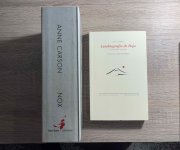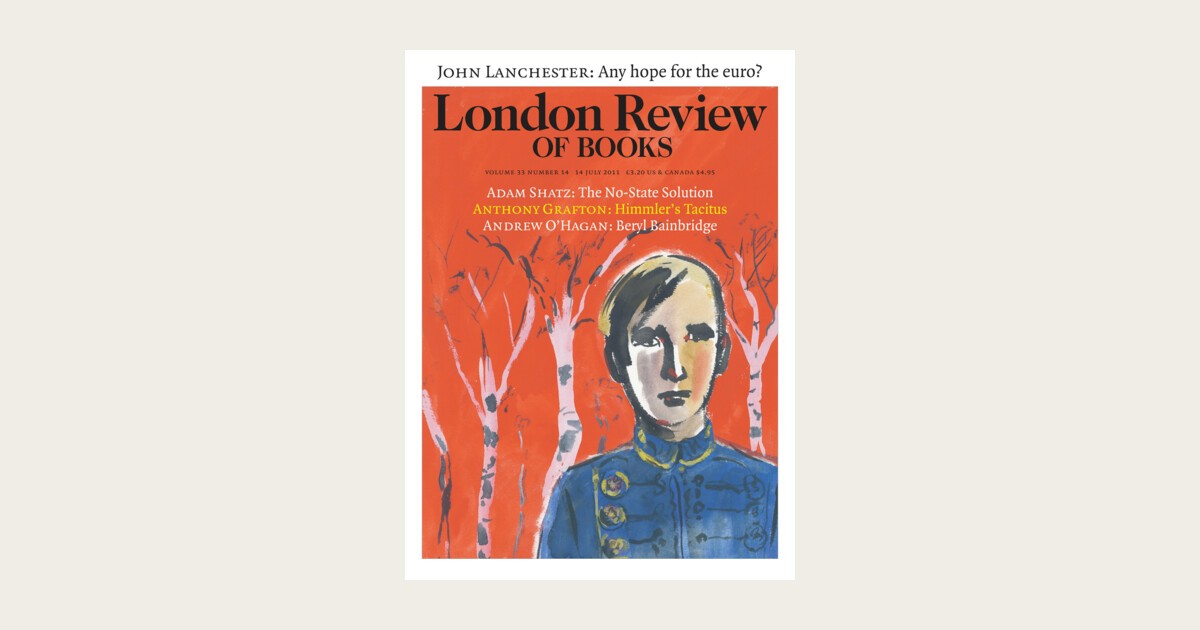This is just another interpretation but I read the sentence as "once our inanimate objects had the power to look back at us, the world became a murderous little place." NO IDEA what she means, but you should always look back to the title of the text (if appropriate) for its ultimate meaning.
This particular poem is merely four lines long, but it is a self-described epitaph: so, something that may be uttered aloud as a lament or etched on a tombstone to commemorate a person. In this case, of course, there is no person: there is just the idea/ideal of "Zion" (promised land?), whatever it means for Carson.
The inanimate objects having eyes and suddenly gaining the ability to stare back at us recalls the graven images of the biblical idolaters. As humans we are scared of the divine, and it brings us comfort to clothe it in solidity and concreteness and even to give it eyes to look back at us: we feel comforted by the notion of our gods being just like us.
Carson addresses something else here, however: I do think she is lamenting the ideal of the promised land of happiness, of things having gone terribly wrong in human history, somewhere at some point.
Anyway, just my thoughts, but I am still largely unfamiliar with her work, so not sure if this makes any sense, LOL


